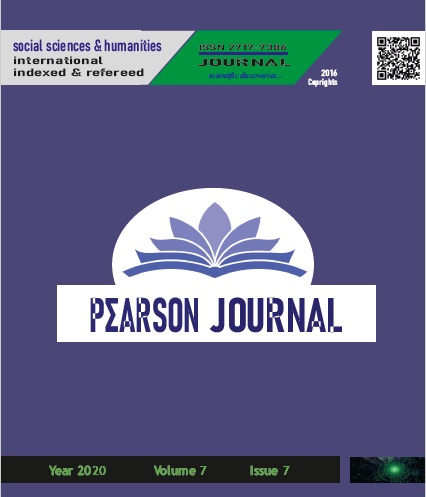THE POSITION AND THE FUNCTION OF THE DESIRE POWER IN FÂRÂBÎ’S EPISTEMOLOGY
DOI:
https://doi.org/10.46872/pj.114Keywords:
Fârâbî, Epistemology, Power of the soul, Desire Power, WillAbstract
One of the basic concepts that determine the main lines of Fârâbî's epistemology is the concept of desire. The power of desire, which has an important and determining function in the epistemological hierarchy, has an indispensable position either to provide the basic motivation of the intellectual movement or to realize the practical virtues of the human. When examined Fârâbî’s world of thought who is a system philosopher, the epistemological process can not be isolated from that. With each of the aforementioned ways such as reasoning, imagination, and sensation, the person attempts to obtain information by using different tools and objects with the power of desire. Each of these ways, which serve different field and various types of information, serve each other within the framework of the relationship of matter and form. In this study, the nature of the attachment of desire power to these forces and its epistemic function in this system will be examined in the context of the ruler-ruled, matter-form, upside-down relationship and evaluated in the context of will.




